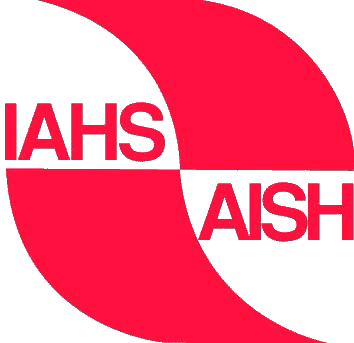 |
IAHS 90th ANNIVERSARY |
 |
|
SCIENTIFIC DECADE 2013-2022 |
Pulling it together
Integrative approaches to facilitate knowledge discovery in the data deluge
Matthew Hipsey
University of Western Australia, email: [email protected]
 |
IAHS 90th ANNIVERSARY |
 |
|
SCIENTIFIC DECADE 2013-2022 |